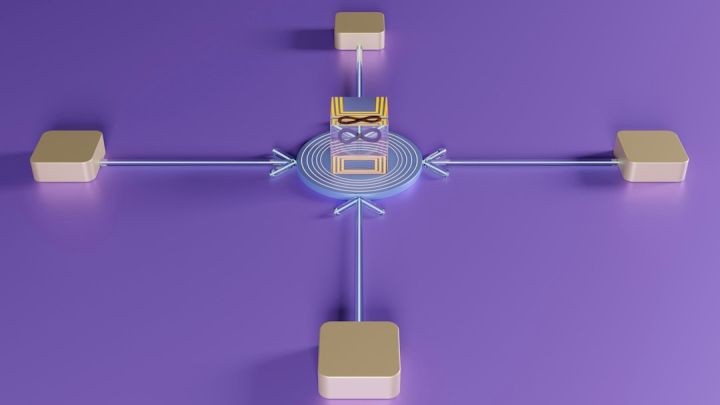How Can Devops Improve Collaboration between Development and Operations?
In today’s fast-paced and highly competitive business world, collaboration between development and operations is crucial for success. However, all too often, these two teams find themselves at odds with one another, leading to delays, miscommunication, and ultimately, a decrease in productivity. This is where DevOps comes in. DevOps, which stands for Development and Operations, is a set of practices and principles that aims to improve collaboration and communication between these two teams. In this article, we will explore how DevOps can help bridge the gap and foster better collaboration between development and operations.
Breaking Down Silos
One of the main reasons why development and operations teams often struggle to collaborate effectively is the presence of silos. Silos refer to the barriers that exist between different departments or teams within an organization. These silos can lead to a lack of communication and understanding, making it difficult for development and operations teams to work together seamlessly. DevOps seeks to break down these silos by emphasizing cross-functional collaboration and shared responsibilities. By encouraging team members to work together and share knowledge, DevOps promotes a culture of collaboration and helps eliminate the “us versus them” mentality.
Automating Processes
Another way DevOps improves collaboration between development and operations is through the use of automation. Traditionally, development and operations teams have had separate sets of tools and processes, leading to inefficiencies and delays. DevOps advocates for the automation of repetitive and manual tasks, such as testing, deployment, and monitoring. By automating these processes, development and operations teams can work more efficiently and reduce the chances of errors. This not only improves collaboration but also enables faster and more frequent releases, allowing organizations to respond to customer needs more effectively.
Continuous Integration and Continuous Delivery
DevOps also promotes the adoption of continuous integration and continuous delivery (CI/CD) practices. CI/CD is a software development approach that involves regularly integrating code changes into a shared repository and continuously delivering software to production. By implementing CI/CD pipelines, development and operations teams can work together in a more iterative and collaborative manner. This allows for faster feedback loops, early bug detection, and increased transparency between the two teams. With CI/CD, development and operations teams can collaborate on delivering high-quality software to customers more efficiently.
Shared Metrics and Goals
To foster collaboration between development and operations, it is important to have shared metrics and goals. DevOps encourages the use of key performance indicators (KPIs) that are meaningful to both teams. By aligning these metrics, such as deployment frequency, lead time, and mean time to recover, development and operations teams can have a common understanding of what success looks like. This shared vision helps eliminate conflicting objectives and encourages collaboration towards a common goal. When everyone is working towards the same objectives, it becomes easier to prioritize and make decisions that benefit the entire organization.
Conclusion: Building a Culture of Collaboration
In conclusion, DevOps offers a framework for improving collaboration between development and operations teams. By breaking down silos, automating processes, adopting CI/CD practices, and establishing shared metrics and goals, organizations can foster a culture of collaboration and communication. Collaboration between development and operations is not just about working together; it is about leveraging each team’s unique strengths to drive innovation and deliver value to customers. With DevOps, organizations can bridge the gap between development and operations, leading to increased productivity, faster time to market, and ultimately, business success.






